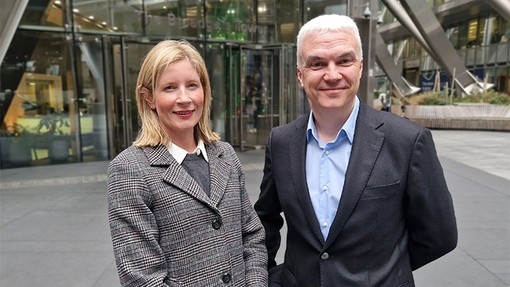Unprofitable contracts - solutions for ever increasing raw material prices

Details
The current cost of living crisis is not just a problem for consumers but is also a problem for manufacturers and suppliers. With inflation in the UK at 7.8% in April 2022, the after-effects of the pandemic coupled with significant gas and electricity prices arising from the war in Ukraine, many businesses are feeling the pinch from these exceptional increases in the cost of raw materials and fuel. For parties tied into longer-term supply contracts at fixed prices, these exceptional increases will be having a direct effect on profitability. What is not clear is how long these inflationary issues will continue or indeed how steep the increases will be.
What can businesses do when faced with such uncertainty? The ability to be agile and flexible will undoubtedly help.
New contracts
The situation is slightly easier when negotiating a new contract. The following strategies could be used:
- Consider carefully the duration of any contract – does it need to be for a fixed 3- or 5-year term? Would a shorter period be more sensible? Is it practical to avoid longer-term supply contracts pending more certainty in the sector
- Insert a termination for convenience clause with a shorter than normal notice period for termination
- Build some flexibility into the pricing in any contract with the use of a price modification clause, either:
- a price revision clause which allows the parties to link the contract price for goods to the cost of a particular raw material eg wheat so that the contract price automatically increases if the cost of the raw material increases above a certain level. Such clauses normally require a formula for calculating any price increase by reference to industry benchmarks; or
- a hardship clause which provides for the parties to renegotiate the terms of the contract, including the price, in the event that unforeseeable conditions arise which could not have been avoided by the parties, and which result in a significant imbalance in contractual performance.
Clearly the use of such strategies requires a degree of goodwill from both parties to understand the constraints on the other but there is little point in purchasing parties squeezing the life out of manufacturers as the risk to the continuity and integrity of the supply chain is enormous.
Existing contracts
What can be done about existing contracts? Certainly, this is a more challenging situation to navigate. Absent any price modification clause (see above) there is no automatic right under English law to unilaterally modify contractual terms because a contract is no longer (as) profitable for a party. English law generally requires contracting businesses to perform their contract as agreed, even if it becomes difficult or unprofitable – (Cavendish Square Holding BV -v- Makdessi, and ParkingEye Ltd -v- Beavis [2015] UKSC 67).
It is also clear that English law will not recognise the performance of an unprofitable contract as a ground for arguing that the contract has been frustrated (Canary Wharf (BP4) T1 Ltd -v- European Medicines Agency [2019] EWHC 335 (Ch)).
There are two options:
- Renegotiate the contract – parties may attempt to renegotiate the terms of the contract between them, to relieve any onerous and unprofitable terms but this does require the consent and good will of both sides.
- Terminate the contract – this is the option of last resort and to avoid any arguments of breach of contract any termination must be in accordance with the terms of the contract – provision of notice, notice periods, form of notice and means of service. If termination is not in accordance with the contract the terminating party runs the risk of being held in breach of contract and liable to damages for breach of contract. Termination for convenience is not always included as a contractual term. In the absence, it is useful to examine whether there have been any breaches of contract by the other contracting party as a possible escape route so that termination for breach could be triggered. Whilst this option may not be palatable, it may be the only way parties can cut their losses and move onto more lucrative work and effectively protect their ongoing business. It is always advisable to seek legal advice before terminating any contract to try and avoid any arguments about the termination being in breach of contract.
Conclusion
As the current challenges appear likely to continue for some time, many parties will find themselves in difficult circumstances due to continually increasing manufacturing and transport costs. Circumstances can change quickly and contractual arrangements that were once advantageous may become problematic. If current supply chains are to continue, it will be necessary for parties to be allowed a degree of leeway to ensure they are able to complete their contractual obligations without causing untoward financial harm to their ongoing business. Further, under the current circumstances, purchasing parties should be expecting to deal with more requests for price modification/hardship clauses.
We are aware that many businesses are engaged in discussions with contracting parties on contract terms and options. Our expert contract lawyers are able to advise on your legal position and assist with strategic planning during this challenging time.
For more information on this topic please contact Moya Clifford.





